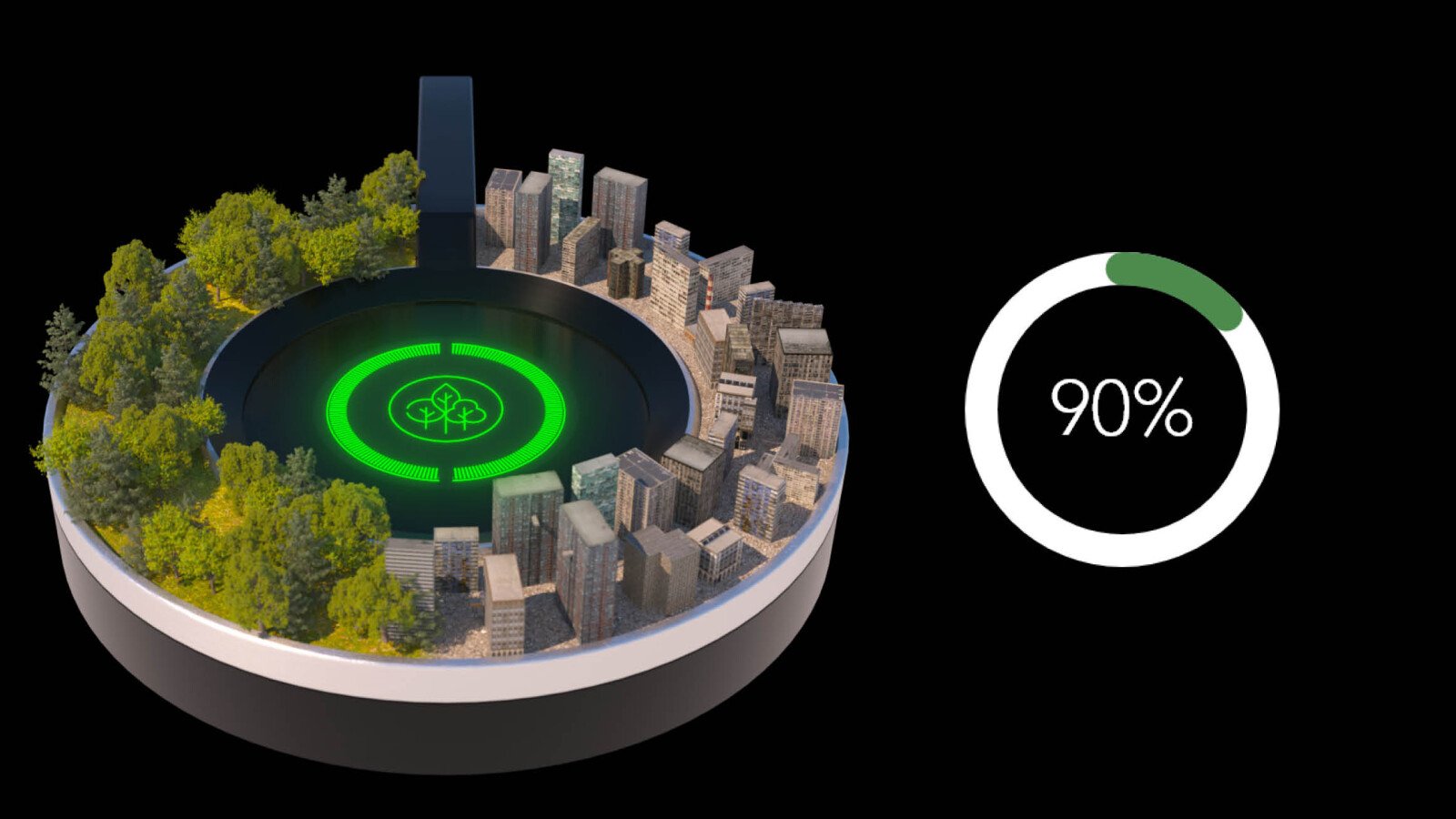-
Applications
-
Product Families
-
About Bruynzeel
-
Highlights
News
Bruynzeel: 90% CO2 savings possible on buildings
17-11-2022
Press Release
Bruynzeel: 90% CO2 Savings Possible on Buildings
Panningen, The Netherlands, 17 November 2022
According to the UN¹ buildings are responsible for nearly 40% of annual CO2 emissions worldwide. Bruynzeel's smart mobile storage systems can reduce the footprint of buildings by 50%. Compared to new construction (or extensions), this can result in a 90% reduction of a building's CO2 emissions. Bruynzeel systems have the lowest CO2 footprint in our industry. Bruynzeel, the European market leader in space-saving storage systems, is itself climate neutral in its own operations (Scope 1 and 2, Green House Gas protocol2). This has been researched and confirmed by Deloitte. In addition, Bruynzeel has committed to the Science Based Targets initiative (SBTi3) to achieve 'Net Zero' for Scope 1,2 and 3 by 2045. It’s Bruynzeel's ambition as 'the footprint reduction company' to further strengthen its position as the most sustainable producer in our industry in the coming years.
Alternative to New Construction
When more space is needed for businesses, libraries and museums, extensions, new Buildings or additional external storage capacity are often considered. Frequently overlooked is the possibility of utilising their existing floor space smarter and optimising it by more than 50%. Making better use of existing square meters can bring huge savings. This also avoids adding unnecessary additional utility costs for heating, cooling, lighting and cleaning additional areas. Besides savings on investments, lead times for planning and building permits, building materials and labour capacity challenges, the CO2 impact that can be reduced in this way over 20 years is significant: up to 90%!
Sustainability Ambitions
Bruynzeel always wants to lead the way and is keen to work with partners and clients to realise sustainability ambitions and raise the bar. A key role in the CO2 neutrality of Bruynzeel’s own business activities (Scope 1 and 2) and the SBTi3's 'Net Zero' target for 2045 is that all energy used in its own factory in The Netherlands is generated entirely sustainably by a large Dutch biogas project and via local solar and wind energy.
In doing so, Bruynzeel wants to encourage companies and governments to include more ambitious and objective sustainability criteria in new project tenders in order to make a real change. Bruynzeel also imposes increasingly stringent sustainability requirements on all its suppliers.
Substantial Savings of Energy, Water, and Chemicals
-default.jpg)
Bruynzeel is the only player in our industry to use a special production process with a high proportion of non-galvanised and unoiled materials. This results in large-scale savings in the use of energy, water, and chemicals in the production process. At present, 95% of Bruynzeel’s total steel consumption is already 'non-galvanised' and over 75% unoiled and this saves more than 50% in CO2 impact compared to the current standard in our industry, but also in adjacent industries where steel is used.
Alexander Collot d'Escury, CEO of Bruynzeel Storage Systems: "Sustainability has long been part of our DNA. Bringing our own CO2 emissions to net zero sets the benchmark in our industry worldwide. We can help customers take big steps towards achieving their sustainability goals. Our solutions can contribute to an unprecedented 90% reduction in CO2 compared to new construction. Moreover, with today's material, staff shortages and building permit issues, it is much cheaper and faster to achieve. With increasingly scarce and expensive square metres in Western countries, our solutions are rapidly becoming increasingly interesting to clients in a wide range of international markets."
For more information:
Bruynzeel Storage Systems
Marius Schlatmann, Group Marketing Manager
Tel. +31 (0)77- 306 90 00
Email: marketing@bruynzeel.org
Annex: Illustrations
Note¹: https://www.unep.org/news-and-stories/press-release/building-sector-emissions-hit-record-high-low-carbon-pandemic
Note2: https://ghgprotocol.org/sites/default/files/standards/ghg-protocol-revised.pdf
Note3: https://sciencebasedtargets.org/companies-taking-action#table
End press release
-default.jpg)